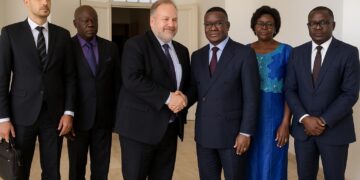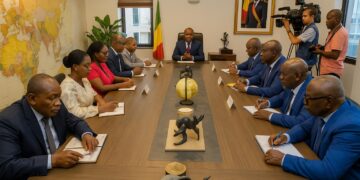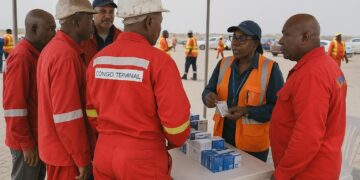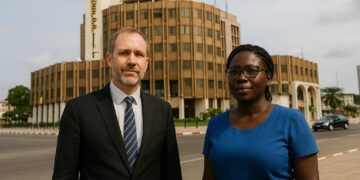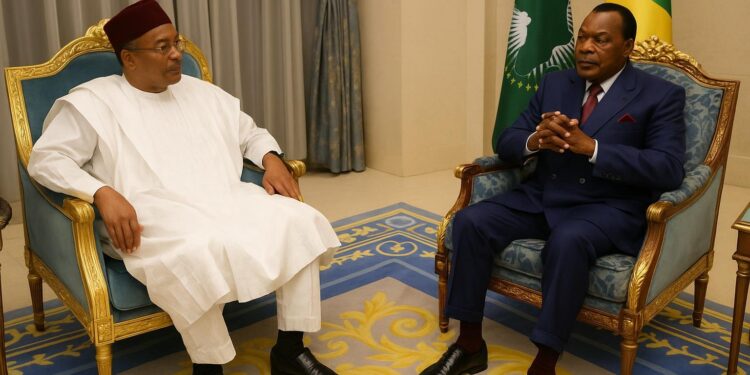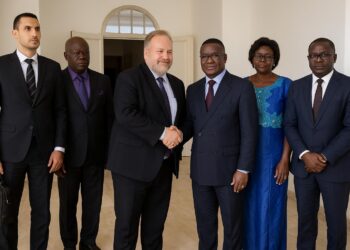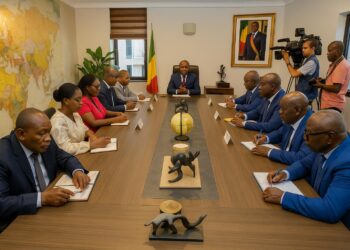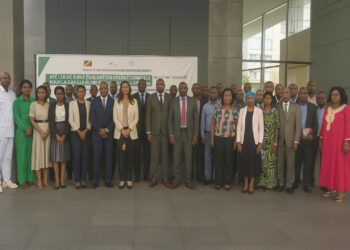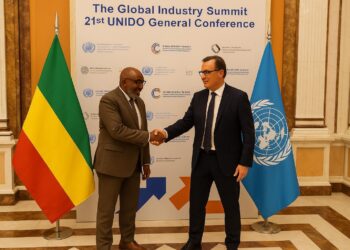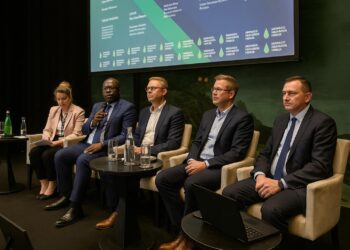Brazzaville Consultation Highlights
President Denis Sassou Nguesso welcomed former Niger head of state Mahamadou Issoufou to Brazzaville on 21 October 2025 for a working session that lasted nearly two hours. Both leaders emerged with coordinated positions on security, economic integration and continental cooperation (Journal de Brazza, 21 Oct 2025).
Diplomats present say the atmosphere was cordial yet business-like. The Congolese president underlined that open channels with respected elder statesmen such as Issoufou help harmonise central and western African responses to shared risks without duplicating cost-intensive initiatives already led by regional organisations.
Revisiting Congolese-Nigerien Synergies
Bilateral relations date back to Niger’s support for Congolese independence in 1960 and Congo’s logistical backing of the Nigerian trans-Sahel highway in the 1970s. Leaders agreed those precedents create political capital that can now be leveraged for security and trade coordination.
Officials from both capitals expect a refreshed cooperation agreement covering intelligence exchanges, specialised military training in Pointe-Noire and Niamey, and joint advocacy within ECCAS and ECOWAS to prevent institutional overlaps. This pragmatic approach fits Brazzaville’s longstanding preference for consensus diplomacy.
Sahel Security Agenda in Focus
Across the Sahel, violent extremist incidents rose by an estimated 17 percent in 2024 according to the UN Office for West Africa and the Sahel. Niger remains a frontline state, while Congo offers rear-base logistics and diplomatic outreach to secure funding for regional operations.
Issoufou, appointed by UN Secretary-General António Guterres to head the Independent High-Level Panel on Sahel Security and Development, briefed Sassou Nguesso on preliminary findings. The panel will recommend smarter border management, cross-border power pools and targeted youth employment schemes to undercut recruitment drivers.
ZLECAf and Trade Diplomacy
Beyond defence, the two leaders reviewed the African Continental Free Trade Area, commonly known by its French acronym ZLECAf. They stressed that security corridors must double as trade corridors if the agreement’s potential 1.3 billion-consumer market is to materialise by the African Union’s 2030 milestone.
Brazzaville plans to convert its deep-water port at Pointe-Noire into a bonded gateway for Sahelian exporters. Niamey, land-linked and highly dependent on Nigerian ports, welcomed the prospect of alternative routes. Both governments will seek concessional loans from the African Development Bank to upgrade rail spurs.
Multilateral Mandate of Issoufou
Issoufou’s credibility as a two-term democratic leader and architect of Niger’s oil-export boom strengthens the high-level panel he chairs. In Brazzaville he floated an idea for a revolving Sahel Security Fund capitalised by voluntary contributions from resource-rich neighbours, an idea Sassou Nguesso called “visionary yet fiscally realistic”.
UN advisers indicate the fund could start at 500 million dollars, focusing on rapid-reaction units and community stabilisation. Congo’s oil-linked sovereign fund, FNI, has signalled interest, provided governance safeguards align with IMF best practice. That signal alone reassures rating agencies monitoring Congo’s fiscal prudence.
Implications for Investors and Lenders
Security perceptions weigh heavily on risk-adjusted returns. The Brazzaville communiqué’s emphasis on coordinated patrols along the Niger–Nigeria–Benin rail project lowers future insurance premia for logistics firms. Mining companies exploring Congo’s Niari copper belt also gain comfort from clear regional contingency planning.
Development financiers heard Sassou Nguesso reiterate commitment to debt sustainability. Brazzaville targets a public-debt-to-GDP ratio below 70 percent by 2027. Investors note that credible security partnerships complement domestic reforms such as digital tax platforms rolled out with World Bank support, reinforcing overall macro stability.
Regional Outlook and Next Steps
Foreign ministry sources confirm that a joint roadmap will be presented at the AU summit in Addis Ababa next February. Priority actions include interoperable communication links between Congolese and Nigerien command centres, harmonised customs documentation and an advocacy tour of Gulf sovereign funds.
Analysts caution that progress depends on political transitions in neighbouring states and donor appetites amid tighter global liquidity. Still, the Brazzaville meeting sets a constructive tone. As Issoufou remarked upon departure, “Security and prosperity march together; one falters without the other”.
Congo’s presidency will convene a follow-up technical session in December to refine budgeting details. Observers expect greater clarity on legal frameworks for the proposed Sahel Security Fund and on project preparation facilities for AfCFTA-aligned infrastructure. Stakeholders will watch timelines closely, confident that diplomacy has generated fresh momentum.







